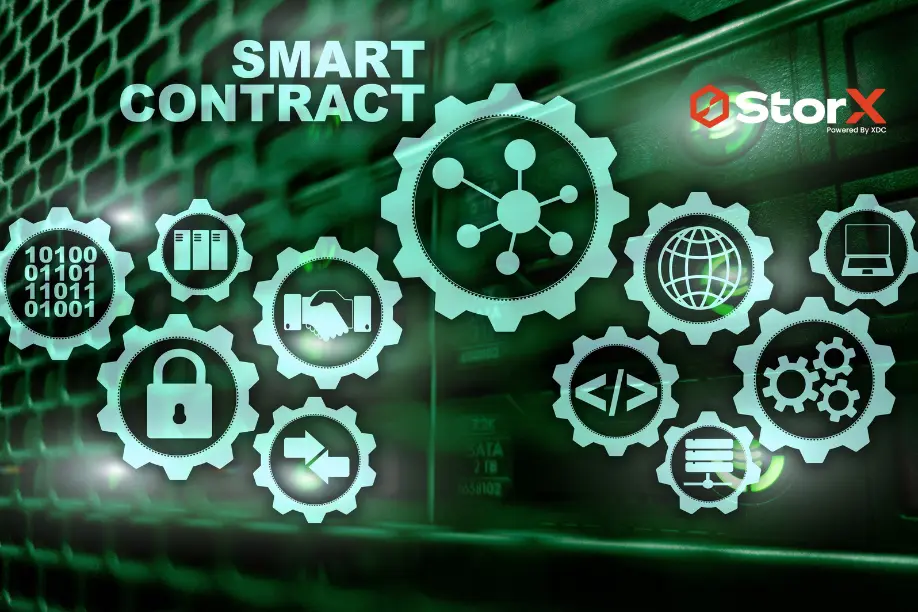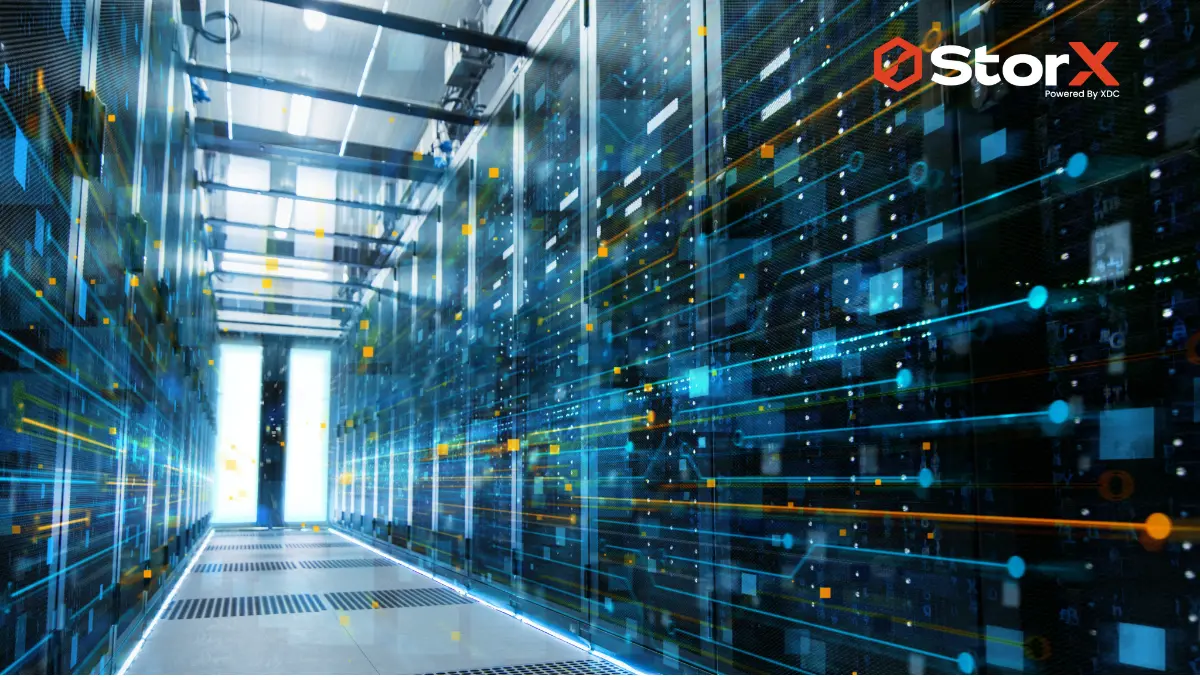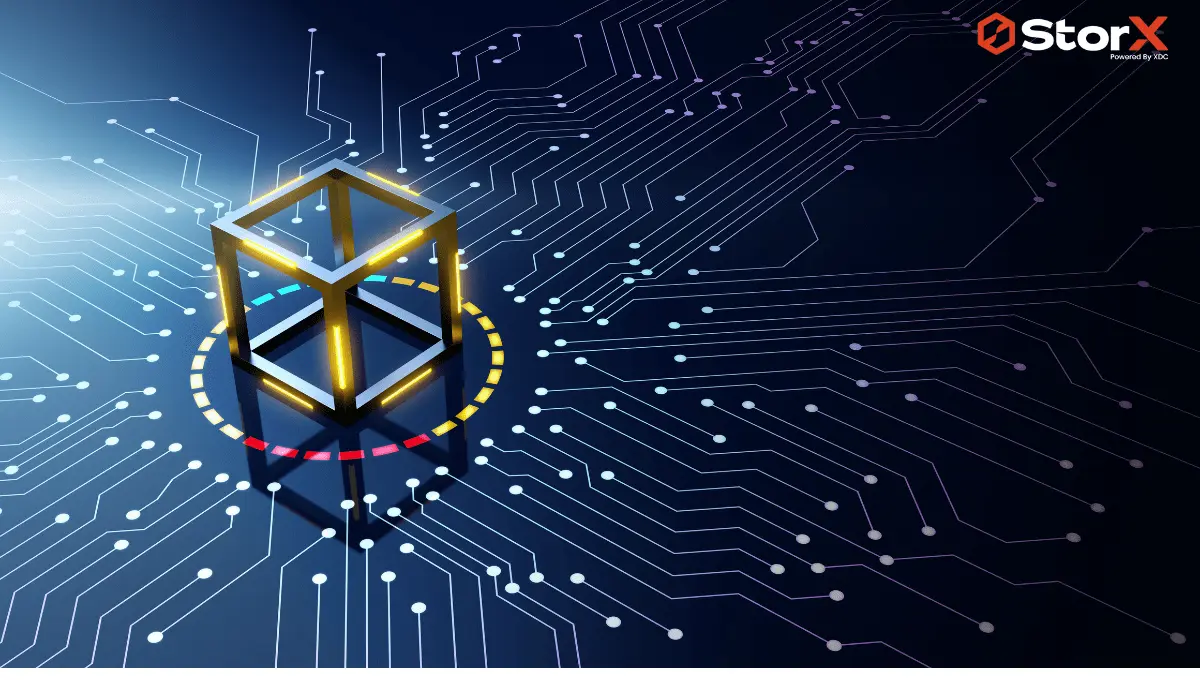The Importance of Smart Contract Addresses in Modern Technology
In today’s rapidly evolving technological landscape, smart contract addresses have become indispensable. These digital contracts, facilitated by blockchain technology, are revolutionizing how transactions and agreements are executed. From enhancing security to increasing transparency, the use of smart contract addresses is transforming various industries by providing more efficient, secure, and transparent contracting solutions.
Efficiency, Security, and Transparency in Contracting Solutions
Smart contracts offer unparalleled efficiency by automating processes that traditionally require manual intervention. This automation reduces the risk of human error and accelerates the completion of transactions. For instance, in the real estate sector, smart contracts can streamline property transactions by automatically verifying and transferring ownership once all conditions are met.
Security is another critical advantage of smart contracts. Since they operate on blockchain technology, smart contracts are inherently secure and tamper-proof. This feature is particularly beneficial for industries such as finance and healthcare, where the integrity of data is paramount.
Transparency is a hallmark of smart contracts. Every transaction and agreement is recorded on the blockchain, creating an immutable and transparent ledger. This transparency fosters trust among parties and can significantly reduce disputes and fraud.
Industries Benefiting from Smart Contracts
Numerous industries are reaping the benefits of smart contracts. In supply chain management, smart contracts can automate and monitor the flow of goods, ensuring that every step is recorded and verified. This transparency and efficiency can lead to cost savings and improved customer satisfaction.
The insurance industry also benefits from smart contracts. Claims processing can be automated, reducing the time and resources needed to handle claims. This automation leads to faster payouts and improved customer experiences.
Understanding NFT Smart Contracts
Non-fungible tokens (NFT) smart contracts are a specific application of smart contracts that are gaining immense popularity. NFTs represent unique digital assets, and their ownership and transfer are governed by smart contracts.
Applications in Art, Gaming, and Digital Asset Markets
In the world of art, NFTs allow artists to tokenize their work, providing proof of ownership and authenticity. This tokenization can help artists monetize their work directly, bypassing traditional intermediaries.
In gaming, NFTs can be used to represent in-game assets, such as characters, items, and land. Players can buy, sell, and trade these assets, creating a vibrant digital economy.
Beyond art and gaming, NFTs are making inroads into other digital asset markets. For example, music and video content can be tokenized, allowing creators to control and monetize their work more effectively.
Cardano: A Secure and Scalable Blockchain Platform
Cardano stands out as a blockchain platform known for its secure and scalable smart contracts. Its unique architecture ensures that smart contracts on Cardano are robust and efficient.
How do smart contracts function on Cardano’s blockchain platform?
Cardano’s smart contracts can be utilized in various business applications. For instance, in finance, they can automate complex financial transactions and derivative contracts. In healthcare, they can manage patient records and ensure that data is secure and accessible only to authorized personnel.
Businesses can leverage Cardano’s capabilities to create custom smart contracts tailored to their specific needs, ensuring both scalability and security.
Optimizing Cash Flow Management with Smart Contracts
Smart contracts can significantly automate and optimize cash flow management. By automatically executing payments based on predefined conditions, businesses can reduce delays and improve liquidity.
Benefits: Reduced Errors, Fraud Prevention, and Increased Efficiency
Automation through smart contracts minimizes human errors, ensuring that payments are accurate and timely. Additionally, the transparency and security of blockchain technology help prevent fraud, providing a reliable mechanism for financial transactions. This increased efficiency can lead to significant cost savings and improved financial management for businesses.
Regulatory Considerations and Legal Implications of Smart Contracts Across Industries
The use of smart contracts across various industries introduces specific regulatory considerations and legal implications that must be addressed. For instance, in the financial sector, smart contracts must comply with anti-money laundering (AML) and know-your-customer (KYC) regulations to prevent fraud and ensure legal compliance. In healthcare, the protection of patient data necessitates adherence to privacy laws such as HIPAA in the United States. Additionally, the legal enforceability of smart contracts can vary by jurisdiction, raising questions about their status as legally binding agreements. Businesses must navigate these regulatory landscapes carefully, ensuring that their use of smart contracts aligns with existing laws and regulations to mitigate legal risks and ensure compliance.
Embrace Smart Contract Solutions
In summary, smart contract addresses are pivotal in modern technology, offering efficient, secure, and transparent solutions across various industries. From NFT applications to the robust capabilities of Cardano, smart contracts are transforming how businesses operate.
Discover the power of blockchain technology by leveraging smart contracts for unparalleled security and efficiency in your business operations. Embrace the future with StorX Network’s decentralized cloud storage solutions, designed to protect your data and ensure transparency. Visit StorX.tech today to explore how you can automate contracts, enhance data security, and benefit from a scalable, decentralized storage network. Transform your digital agreements and secure your data with StorX Network!





